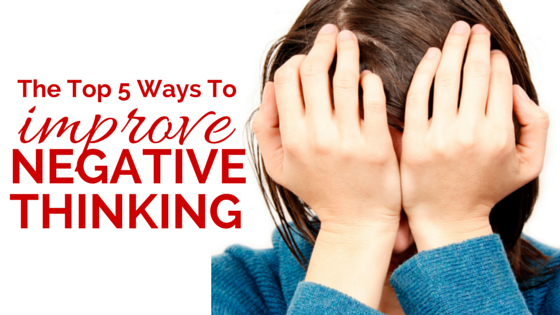
Conventional wisdom tells us that we don’t have control over our thoughts—but we all know that’s not true. Modern psychology tells us that we can train ourselves to think more positively, which can make us happier, improve our relationships, and even live longer lives. We’ve all had that friend or family member that’s a downer, even on the vacation to Disneyland—here are five ways to avoid becoming that person.
- Find positive friends. You are who you spend time with, so if you spend time with positive people, you will become more positive. If you spend time with negative people, you will become more negative. Surrounding yourself with people that look on the positive side of even the most negative situations can teach you some techniques for doing the same, and even show you the benefits of having that positive outlook.
- Learn to take responsibility. Of course, there are things that are completely out of our own control, but how we feel and think about those situations is not out of our control. Don’t play the victim—be a problem solver. If something is going wrong, figure out how to fix it, don’t just wallow. Realizing that your life is what you want it to be, not what someone else makes it to be, can help you learn to change it for the better.
- Do something nice for someone else. As humans, we feel better about ourselves and about the world in general when we do something nice for someone else. Whether it’s just dropping a few quarters into a peddler’s cup or donating money to charity, doing nice things for others on a regular basis can help you think more positively
- Make a list of things you are grateful for. This is one of the biggest ways to change your outlook on life—actively look for and write down things you are grateful for. This will train your brain to be more grateful overall.
- Don’t expect perfection. Expecting yourself and others to be perfect is just asking to be disappointed. Realizing that we are all humans and mistakes are just part of the package allows you to move on from those mistakes, especially when you realize that only very, very rarely, if ever, does someone do something to intentionally hurt you.